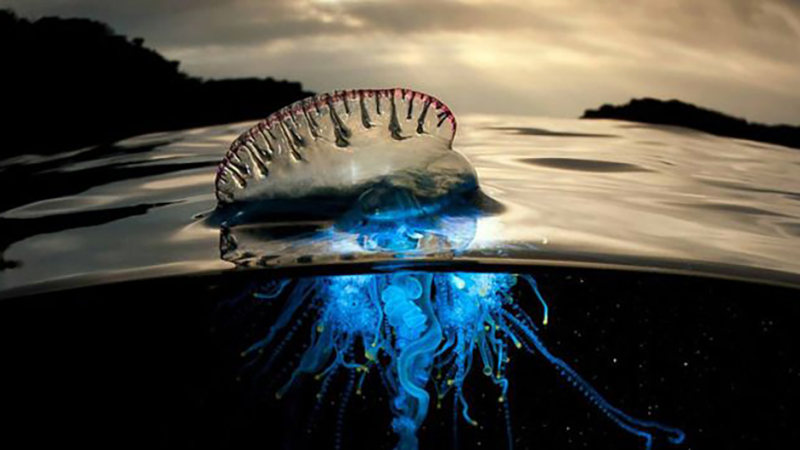BBC licence fee could be abolished in favour of Netflix-style subscription
"This licence fee announcement will be the last"

The streaming wars has risen to the top of the UK government’s party packed agenda with the revelation this weekend by Culture Secretary Nadine Dorries that its forthcoming announcement regarding the cost of the BBC’s annual licence fee “would be the last”.
The annual payment for the service, typically set to change on April 1st each year, is expected to be frozen at the current rate of £159 (monthly that’s around £13.25 / $18 / AU$ 25) until April 2024, before rising slightly for the following three years. The BBC’s Royal Charter, which guarantees the public service broadcaster’s editorial independence and outlines how it is funded, will expire in 2027.
After that, the BBC will have to renegotiate a new funding model. It looks increasingly likely that the compulsory purchase of a licence fee for those who own a television or view the service online will be abolished.
Doris has indicated that this will be the end of the current licence fee funding model for the BBC under a Conservative government, saying, “This licence fee announcement will be the last. The days of the elderly being threatened with prison sentences and bailiffs knocking on doors are over. Time now to discuss and debate new ways of funding, supporting and selling great British content.”
While Doris’ description of licence enforcement is emotively worded, hundreds of thousands of people are prosecuted every year for non-payment of the licence fee.
Potential options for alternative funding models include a levy paid on every broadband connection in the UK, the introduction of advertisements across the BBC’s UK output, part-privatisation, direct government funding or a subscription service.
However, the notion of a paywall similar to Netflix and Disney Plus doesn’t seem feasible given the range of media – tv, radio, streaming and journalism – and programming (including prestige drama, live sports, documentaries, and news) that the BBC encompasses, and which no other service currently offers.
Get the What Hi-Fi? Newsletter
The latest hi-fi, home cinema and tech news, reviews, buying advice and deals, direct to your inbox.
The BBC was very much at the forefront of modern online streaming when it first launched its video-on-demand platform iPlayer in 2007. At that time, Netflix was still primarily a DVD rental company, and other streaming services were very much nascent. Reed Hastings, the co-founder of Netflix, has previously praised the company saying, “iPlayer really blazed the trail. That was long before Netflix and really got people used to this idea of on-demand viewing.”
MORE
17 of the best music-related films to watch on Netflix
How to (legally) watch all the streaming video services for the price of one
Mary is a staff writer at What Hi-Fi? and has over a decade of experience working as a sound engineer mixing live events, music and theatre. Her mixing credits include productions at The National Theatre and in the West End, as well as original musicals composed by Mark Knopfler, Tori Amos, Guy Chambers, Howard Goodall and Dan Gillespie Sells.
-
Friesiansam Reply
Over 75s don't pay and, it's only since the Tories have been in power, that the free license has come under threat.Nadine Dorries said:“This licence fee announcement will be the last. The days of the elderly being threatened with prison sentences and bailiffs knocking on doors are over. Time now to discuss and debate new ways of funding, supporting and selling great British content.” -
djh1697 "Over 75s don't pay and, it's only since the Tories have been in power, that the free license has come under threat. "Reply
The over 75's paid the TV tax prior to the Gordon Brown Labour government. There are plenty of alternative ways of getting TV without a license these days. A smart TV connected to just the internet, no external aerial and BBC iPlayer disabled, no live TV what so ever, you can watch many hours of free entertainment.
I pay for NowTV, Qobuz and Tidal out of choice, although the latter needs cancelling.
